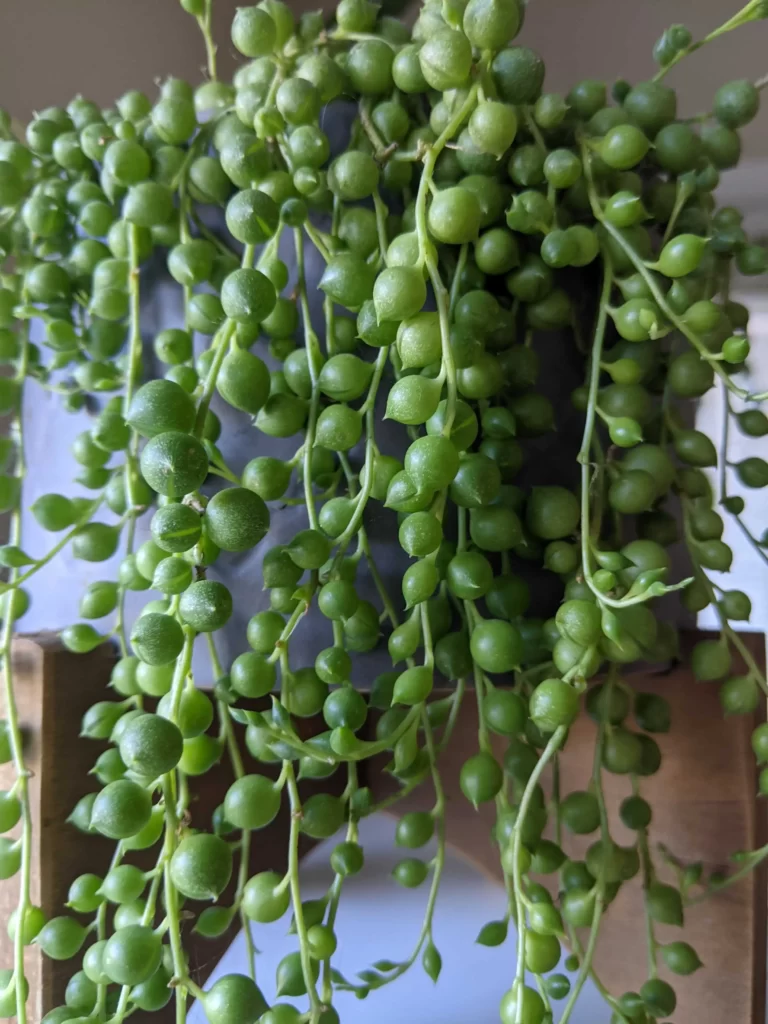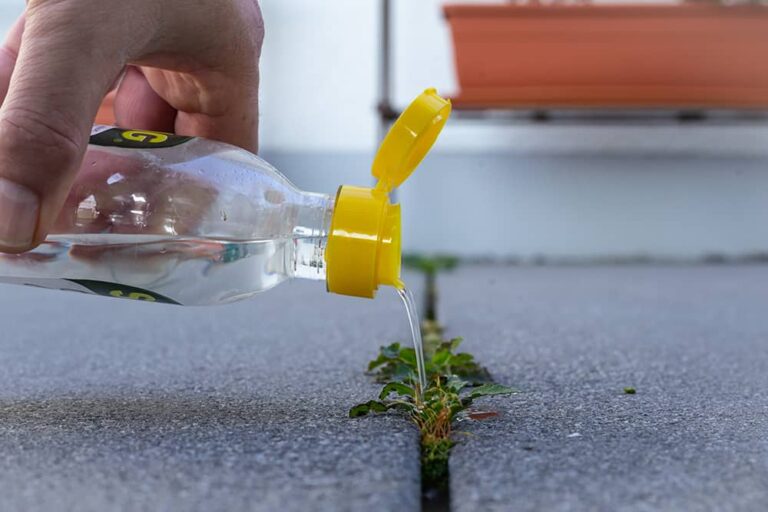Many gardeners swear by using vinegar as a soil acidifier for blueberries. But does it work? The answer is yes, but with some caveats. Vinegar contains acetic acid, which can lower the pH level of your soil and make it more acidic level.

However, it is important to note that vinegar should be used in moderation and diluted properly before application. A solution of one tablespoon of vinegar per gallon of water is recommended. Using too much vinegar can be harmful to nearby plants and can even damage the roots of your blueberry bushes.
It’s also important to note that while vinegar can help lower soil pH levels, it is not a long-term solution. For sustained acidity, organic methods such as adding peat moss or elemental sulfur may be more effective. Ultimately, using vinegar as a soil amendment for blueberries can work if done correctly and in combination with other organic materials and acid fertilizers. Remember to test your soil pH levels regularly and adjust accordingly for optimal plant growth.
Vinegar can be used to make soil more acidic for blueberries

Vinegar is a liquid form of acetic acid that can lower the pH level of soil, making it more acidic materials. It’s useful for planting blueberries, which require such an environment. Vinegar contains vitamins beneficial for plant growth, and can be obtained from commercially manufactured or organically made sources depending on personal preference.
To acidify soil acidic for blueberries, vinegar can be applied by hand or through an irrigation system. The recommended mixture is two tablespoons of vinegar with one gallon of water, applied once a week. An injector can also be used for even distribution, but it is optional. Do not add vinegar directly to the soil or bush as it has a pH level of 2.3-3.4, which can damage the roots.
When enriching your soil acidic, it’s important to use the appropriate type of vinegar to avoid harming nearby plants or animals. I suggest using culinary vinegar, like apple cider or white vinegar, and avoiding horticultural vinegar, which can act as an herbicide and pose a risk to both blueberries and humans. With all this in mind, take note that this is only a quick fix and not a long-term solution to lower your blueberry bush’s soil pH levels.
Other ways to lower your soil’s pH levels for blueberries are by adding sphagnum peat or used coffee grounds around your blueberry soil plant base yearly. You can also fertilize blueberries with acidic fertilizers or sulfur. And the soil sample we use electronic soil, gallon of soil, layer of soil, levels in soil, soil acidity, soil around blueberry plants, soil per acre, alkaline soil, chemical soil, moistened soil, proper soil, sandy soil, soil nutrients, soil quality etc.
Before You Do This
Testing the soil is necessary for both planting new blueberry bushes and improving existing ones’ growth and development, as it provides information on what the soil requires for optimal blueberry growth nd organic gardening.
It is important to maintain soil pH levels between 4-5 for optimal blueberry growth, which is on the acidic side. After applying the vinegar solution, monitor the soil’s pH levels and look for signs of plant stress, such as yellow or drooping leaves.
To maintain a proper pH level for blueberries, it’s important to stop applying vinegar if the solution drops below 5. Instead, flush the soil with fresh water to achieve a neutral pH level. While blueberries prefer acidic soil, excessive acidity can have negative effects on their growth and health.
Wrapping It Up
In conclusion, using vinegar to acidify soil for blueberries can be an effective solution but must be used with caution. Before applying vinegar, make sure to test your soil’s pH levels and use it in moderation. Remember that vinegar is not a long-term solution and utilize organic methods such as adding peat moss or elemental sulfur for sustained acidity.
Proper care and maintenance are crucial for the growth and development of your blueberry bushes. Regularly monitor your soil’s acidic pH levels to ensure optimal plant growth and avoid any harm caused by improper use of vinegar or other soil amendments. With these tips in mind, you can successfully provide the ideal environment for your blueberries to thrive.






